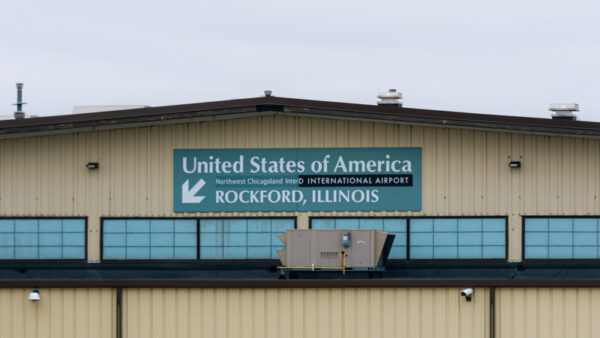Three Swedish companies have formed a joint venture to pioneer a fossil-free way of making steel.
They want to ditch the energy-intensive blast furnace process (pictured) that uses coal and coke and use hydrogen gas instead, which would emit only water, not carbon dioxide.
A fossil-free production chain “all the way from the mine to the steelworks” is their aim.
It won’t happen overnight, though: they hope to demonstrate the process fully in 2035.
It started last spring when steelmaker SSAB, state-owned mining conglomerate LKAB, and state power company Vattenfall launched the initiative, called “Hybrit”.
Yesterday they made it legal by forming a joint venture company, owned one third by each, and they are now looking for a chief executive.
Working toward a “fossil-free Sweden by 2045”, Martin Lindqvist, SSAB president and chief executive said: “A joint venture company will enable us to work together effectively to eliminate the root cause of carbon dioxide emissions in the steel industry.”
Supported by the Swedish Energy Agency, the Hybrit project is divided into three phases: a preliminary study up to the end of 2017; research and pilot plant trials up to 2024; and up to 2035 testing the process in a full-scale demonstration facility.
“Sweden is uniquely qualified to undertake this initiative,” said their press release. “It has a specialised and innovative steel industry, access to climate-smart and renewable electrical power, and the best-quality iron ore in Europe.”
To achieve this project, however, “significant national contributions are still required from the state, research institutions and universities”, they said.
Image: Blast furnaces in TÅ™inec Iron and Steel Works, Czech Republic (TÅ™inecké železárny/Wikimedia Commons)
Further Reading:






